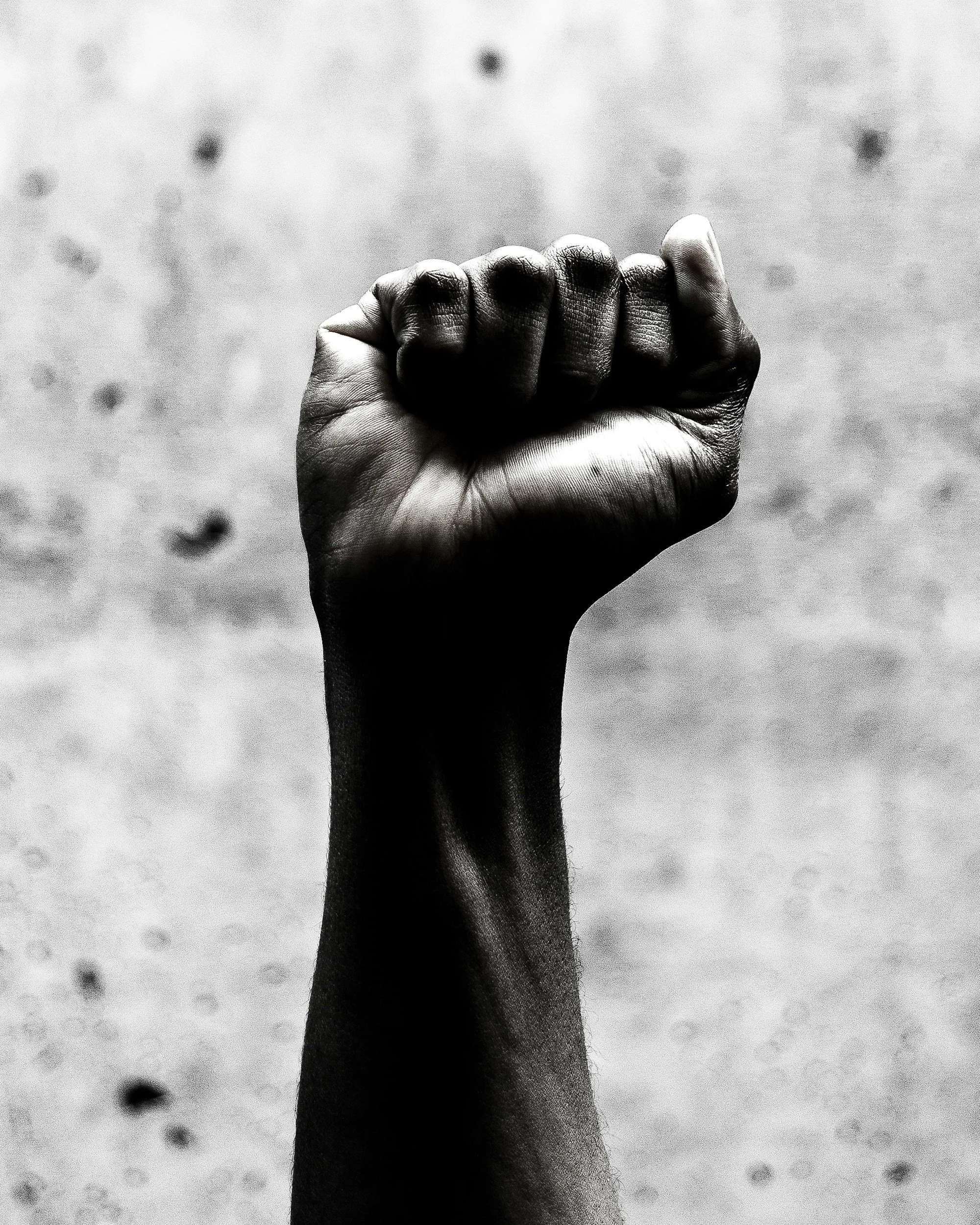Since last year, the ironically named ‘Dying with Dignity’ Bill has been heavily promoted by the Irish Far Left and their ever obliging supporters in the Irish media (much of which is actually British owned).
Although it has seemed quite bizarre that the party promoting the bill, People Before Profit, were also calling for the most severe lockdown restrictions in order to ‘save lives’, the strange timing of a bill that would encourage higher and quicker deaths of elderly and disabled rarely received criticism from the Irish media, apart from those printed in their Letters sections.
What mostly received criticism in those instances was the poor wording of the bill. Put together by Gino Kenny, the bill seemed to completely lack any necessary safeguards towards stopping abuse of its system, it lacked all awareness of the potential for the right to die becoming the duty to die in a country with serious healthcare problems.
This was outlined repeatedly by Dr. Kevin Hay’s articles in Catholic Arena.
Hard Cases Make Bad Law — Catholic Arena
A Detailed Analysis of Ireland's Dying with Dignity Bill — Catholic Arena
Now, Gino Kenny is claiming that the current bill will make little to no further progress. He has tweeted:
It’s becoming evident that the Justice Committee will not be recommending the progress of the Dying with Dignity. This is a complete prevarication of the issue and the bill. There was no policy scrutiny just a legal opinion which could have been overcome. A shambolic process.
One of his supporters replied:
We're still under the thumb of the Church in Ireland. They will never relent.
The recent slew of ‘progressive’ bills in Ireland meant that People Before Profit may have expected this to progress in an easier manner than it did.
Despite Kenny’s claims that it would not progress, it will go to a Special Oireachtas Committee, as announced today. In recommending the Special Oireachtas Committee, the Joint Committee on Justice Report pointed out that the bill has many flaws, which they have given as reason for it not progress to the Committee Stage.
Following detailed scrutiny of the Dying with Dignity Bill 2020, the Joint Committee on Justice has recommended that an Oireachtas Special Committee be established to undertake an examination on the topic of assisted dying which should report within a specific timeframe.
The Dying with Dignity Bill 2020 is a Private Member’s Bill from Deputy Gino Kenny that seeks to allow for the provision of assisted dying to qualifying persons – those suffering from a terminal illness – with the aim of allowing them to achieve a dignified and peaceful end of life. If enacted, this Bill would give a medical practitioner the legal right to provide assistance to a qualifying person to end their life, according to the terms of this Act.
While conducting Pre-Committee scrutiny for this Bill, the Committee sought public submissions on the topic and over 1,400 submissions were received by the deadline in January 2021. These submissions fall under broad categories relating to legal, medical, personal, academic, faith-based and end-of-life or rights-based perspectives on the provisions contained within the Bill.
The Bill was also sent to the Office of the Parliamentary Legal Advisers (OPLA) to ascertain the legal and constitutional implications of such proposed legislation. An analysis of both these submissions and the OPLA analysis forms the basis of the Committee’s Report on Scrutiny of the Dying with Dignity Bill 2020.
Committee Cathaoirleach James Lawless TD said: “The Committee, in considering the matter, recognised that its function is to legislate, however, this comes with particular responsibilities and care must be taken when recommending the progression of legislative proposals. On foot of its deliberations, the Committee has made a number of observations and an overall recommendation, which can be found at the end of this report.
“Based on its consideration, the Committee has determined that the Bill has serious technical issues in several sections, that it may have unintended policy consequences – particularly regarding the lack of sufficient safeguards to protect against undue pressure being put on vulnerable people to avail of assisted dying – that the drafting of several sections of the Bill contain serious flaws that could potentially render them vulnerable to challenge before the courts, and that the gravity of such a topic as assisted dying warrants a more thorough examination which could potentially benefit from detailed consideration by a Special Oireachtas Committee.
“Therefore, it reluctantly decided that the Bill should not progress to Committee Stage but that a Special Oireachtas Committee should be established, at the earliest convenience, to progress the matter. In addition, all submissions received by the Justice Committee would be shared with any such Committee.”
Deputy Lawless added: “I would like to commend Deputy Kenny for his dedication in proposing and advocating for the progression of this legislation and for opening up a conversation which needs to be had. I would also like to express my gratitude on behalf of the Committee to all those who sent in written submissions and to the OPLA for their insight into this important Bill.”
The ‘Faith Based’ arguments that were given in submission were summarised as thus:
Individuals, groups, and organisations who sent submissions to the Committee on a religious basis accounted for approximately 435 submissions and all of these submissions fundamentally opposed this Bill on religious grounds, while also highlighting several other reasons for their opposition. Many of the submissions made on a personal religious basis used the same template to express their opposition to the Bill, which highlighted five key reasons to oppose assisted dying. Firstly, many of the submissions felt that assisted dying was always morally wrong and they equated assisted dying with murder, highlighting that it would breach the fifth Commandment of God, which proclaims ‘Thou shalt not kill’. They believe that human beings have been created in the image of God and that it is God who gives life, therefore the end of life should be entirely in God’s hands. As stated previously, many of the submissions based on religious beliefs expressed their displeasure with assisted dying and with the previous legalisation of abortion in 2018, drawing comparisons between the two and arguing both of these essentially allow for vulnerable individuals to be killed. They argued that Irish society is still nominally Christian and needs to reflect on itself and on its core values. Secondly, these submissions believed in the sanctity of life or that all lives have value, and repeated previous arguments that introducing assisted dying would further devalue human life. Thirdly, they argued that we have a duty to protect the vulnerable in society, who would face increasing pressure to avail of assisted dying if it were introduced. Some submissions even argued that allowing assisted dying would alter society’s attitudes towards the elderly and vulnerable and create a culture where these groups are not valued and they may begin to think that ‘they’re better off dead’. Finally, they also believe that assisted dying would be a step back for genuine healthcare and that it is unnecessary as palliative care is a sufficient method of assisting those who are terminally ill. These submissions highlighted research by the Irish Palliative Medicine Consultants’ Association (IPMCA) which had demonstrated that palliative care experts and other members of the medical profession were themselves strongly opposed to the introduction of assisted dying. A survey undertaken by the IMPCA in 2020 found that 88% of palliative medicine doctors are opposed to assisted suicide. This sentiment was also REPORT ON SCRUTINY OF THE DYING WITH DIGNITY BILL 2020 [PMB] Page 25 of 47 expressed by several palliative care professionals in their submissions in the medical section. Submissions questioned the rationale and fairness behind proposals to introduce assisted dying if those who were expected to undertake this task were themselves strongly opposed to it. One submission argued that despite the stated intention of the Bill to be motivated by compassion for the terminally ill, their understand having compassion to mean “suffering with” someone and that assisted dying reflects a failure of compassion on the part of society to respond to the challenges of caring for patients at the end of their lives. In addition to these five points, submissions in this category were also submitted from individuals in Northern Ireland who were concerned at the effect of the legislation on Northern Ireland and the prospect of ‘Euthanasia tourism’ where people from Northern Ireland could cross the border to avail of assisted dying. Finally, other submissions mentioned points previously highlighted in other categories which include the ‘slippery slope’ argument and the risk that assisted dying would be viewed as a cheaper option for insurance companies than conventional treatments for patients.
You can read the full report here: 2021-07-21_report-on-scrutiny-of-the-dying-with-dignity-bill-2020-pmb_en.pdf (oireachtas.ie)































